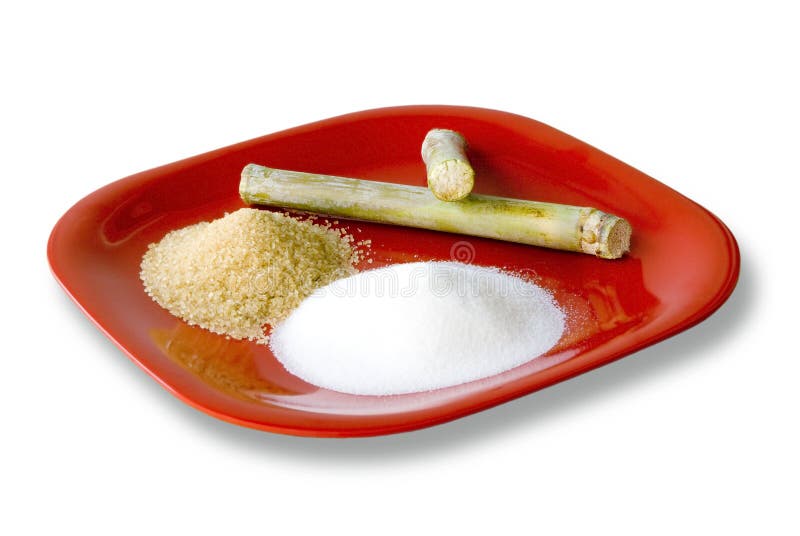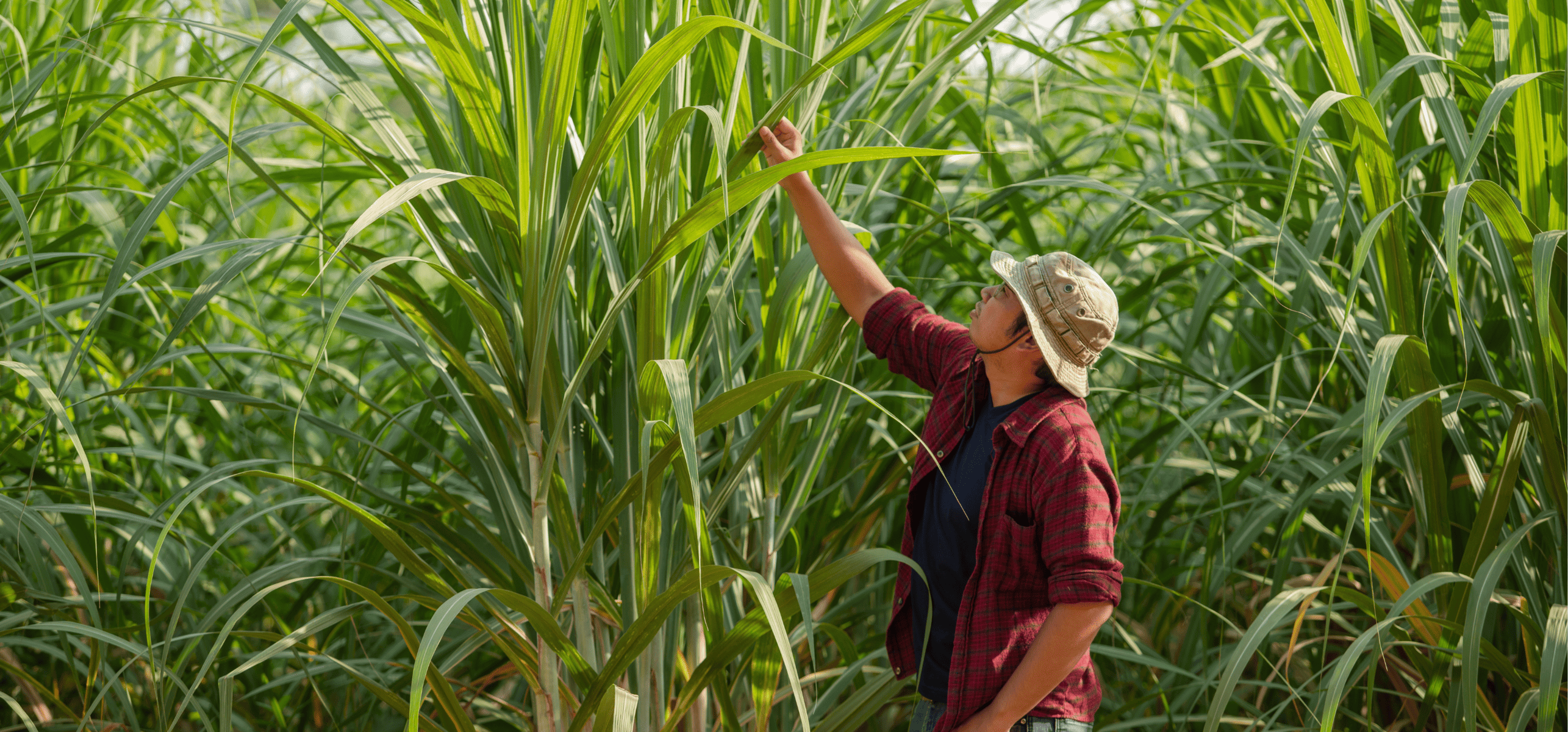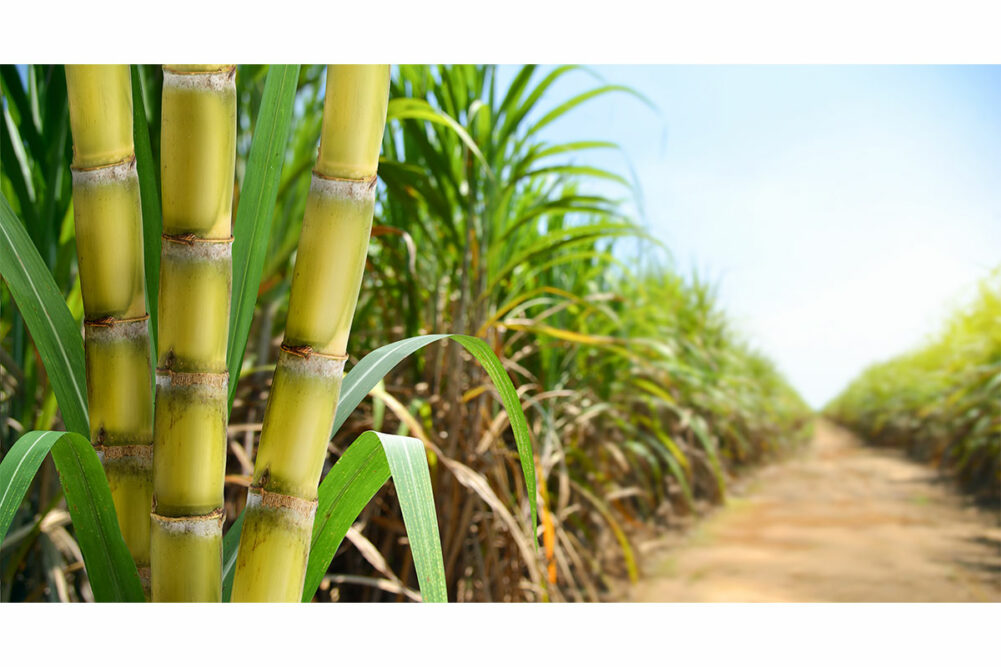Lasting Sugarcane Products: From Sweeteners to Eco-Friendly Product
The capacity of sustainable sugarcane products extends past typical sugar to include a variety of eco-friendly products, providing a compelling case for their integration right into modern-day consumer practices - sugarcane product. As the globe comes to grips with pressing ecological problems, sugarcane emerges as a versatile source efficient in dealing with both dietary demands and sustainability goals. This discussion will certainly check out how technologies in sugarcane growing and processing can lead to substantial developments in biodegradable product packaging and eco-conscious textiles. What effects might these advancements have for future consumer selections and environmental influence?
Summary of Sugarcane Sustainability
As the need for eco-friendly items grows, comprehending sugarcane sustainability comes to be progressively vital. Sugarcane, a versatile crop, is grown primarily in subtropical and exotic regions, and its sustainability is important for both ecological health and economic stability. Sustainable sugarcane farming practices concentrate on decreasing ecological effect while taking full advantage of performance and productivity.
Key elements of sugarcane sustainability consist of reliable land usage, reduced chemical input, and enhanced water monitoring. Practices such as plant rotation, integrated parasite management, and natural fertilization add to dirt wellness and biodiversity. Additionally, innovative innovations, such as accuracy farming, assistance maximize source usage and lower waste.
Moreover, sugarcane is a renewable energy, with by-products that can be utilized in various industries, from biofuels to naturally degradable plastics, consequently minimizing dependence on nonrenewable fuel sources and reducing carbon impacts. Accreditations like the Bonsucro typical urge lasting techniques throughout the supply chain, advertising transparency and accountability.

Sugarcane-Based Sweeteners
Utilizing sugarcane as a primary resource, sugarcane-based sweeteners have obtained prestige as natural alternatives to fabricated sugar and refined sugars (sugarcane product). These sugar, stemmed from the extraction and handling of sugarcane juice, use a series of items that satisfy diverse customer preferences, consisting of organic and minimally refined choices
Raw walking stick sugar preserves more of the all-natural flavors and nutrients found in sugarcane, making it a preferred choice for health-conscious consumers. Panela, a typical Latin American sweetener, is created by vaporizing sugarcane juice, maintaining its all-natural minerals and vitamins.
The growing need for sugarcane-based sugar is driven by increasing understanding of wellness and sustainability issues connected with standard sweeteners. By selecting sugarcane-derived items, customers not just support sustainable agricultural techniques yet also add to a much healthier way of living, aligning their dietary options with their ecological worths.
Eco-friendly Packaging Solutions
Becoming a feasible choice to standard plastics, biodegradable packaging services originated from sugarcane are transforming the packaging market. These ingenious products give an eco pleasant alternative that addresses the expanding concerns over plastic pollution. Utilizing the natural sugars found in sugarcane, manufacturers are developing various forms of biodegradable product packaging, consisting of movies, containers, and covers that disintegrate a lot more quickly than conventional plastics.
The main benefits of sugarcane-based packaging hinge on its eco-friendly sourcing and its capability to break down into non-toxic results. Unlike fossil fuel-derived plastics, which can continue the setting for centuries, sugarcane packaging usually breaks down within a few months under correct problems. This reduction in waste not only minimizes land fill overflow however also decreases the carbon footprint connected with product packaging materials.
Moreover, sugarcane-derived product packaging preserves robust efficiency attributes, providing comparable longevity and performance to traditional choices. As businesses and customers increasingly focus on sustainability, the adoption of eco-friendly product packaging solutions represents a considerable step in the direction of a circular economic situation, where materials are recycled and regrowed instead than disposed of. This change not only boosts brand picture but likewise adds to a much more lasting future for the planet.
Eco-Friendly Textiles and Fabrics
Eco-friendly textiles and textiles are acquiring grip in the fashion and home products sectors as consumers progressively require sustainable options to traditional materials. Amongst the notable choices are textiles originated from sugarcane, which use an environmentally accountable option to artificial fibers. These textiles are created via a procedure that utilizes the renewable energies located in sugarcane, substantially lowering reliance on petroleum-based materials.

Brand names are significantly incorporating eco-friendly textiles into their product lines, reflecting a broader commitment to sustainability. This shift is not merely a trend but a required development in reaction to environmental issues. As the market for sustainable textiles expands, consumers can expect innovative designs that incorporate design with eco-friendly duty. Inevitably, environment-friendly fabrics and materials stand for a significant action towards lowering the fashion business's environmental footprint while providing to the expanding demand for responsible customer selections.
Innovations in Lasting Farming
Transforming farming practices, advancements in sustainable farming are transforming the means plants are grown and handled. These advancements focus on lessening environmental effect while making best use of effectiveness and efficiency.

Furthermore, agroecology, which incorporates eco-friendly concepts right into farming, advertises biodiversity and soil health. Practices such as crop rotation, cover cropping, and intercropping foster resilient environments that can stand up to parasites and environment variants - sugarcane product. Additionally, making use of organic fertilizers and biopesticides contributes to healthier soils and communities

With each other, these advancements are not only reshaping the farming landscape yet likewise adding to a more lasting future for sugarcane and various other crops, aligning farming techniques with ecological stewardship.
Final Thought
Sustainable sugarcane items stand for a significant advancement in eco-friendly choices, covering from natural sugar to naturally degradable goods. The farming of sugarcane with sustainable methods not just improves environmental wellness however additionally adds to economic feasibility. As consumer choices progressively lean towards lasting options, the convenience of sugarcane as a renewable energy ends up being increasingly appropriate. This trajectory underscores the relevance of continued technology and commitment to lasting practices within the sugarcane market, fostering a much more lasting future.
The potential of sustainable sugarcane items expands beyond standard sugar to incorporate a range of environment-friendly items, presenting a compelling situation for their assimilation right into modern consumer methods. Sustainable sugarcane farming practices concentrate on lessening environmental effect while maximizing productivity and earnings.
Lasting sugarcane items stand for a substantial advancement in green alternatives, spanning from natural sweeteners to biodegradable goods. The cultivation of sugarcane through sustainable practices not only boosts ecological wellness yet additionally adds to financial stability. As customer choices progressively lean towards sustainable options, the versatility of sugarcane as a renewable source comes to be significantly pertinent.
Comments on “Sugarcane Product: A Pure Sweetener for Fit Individuals”